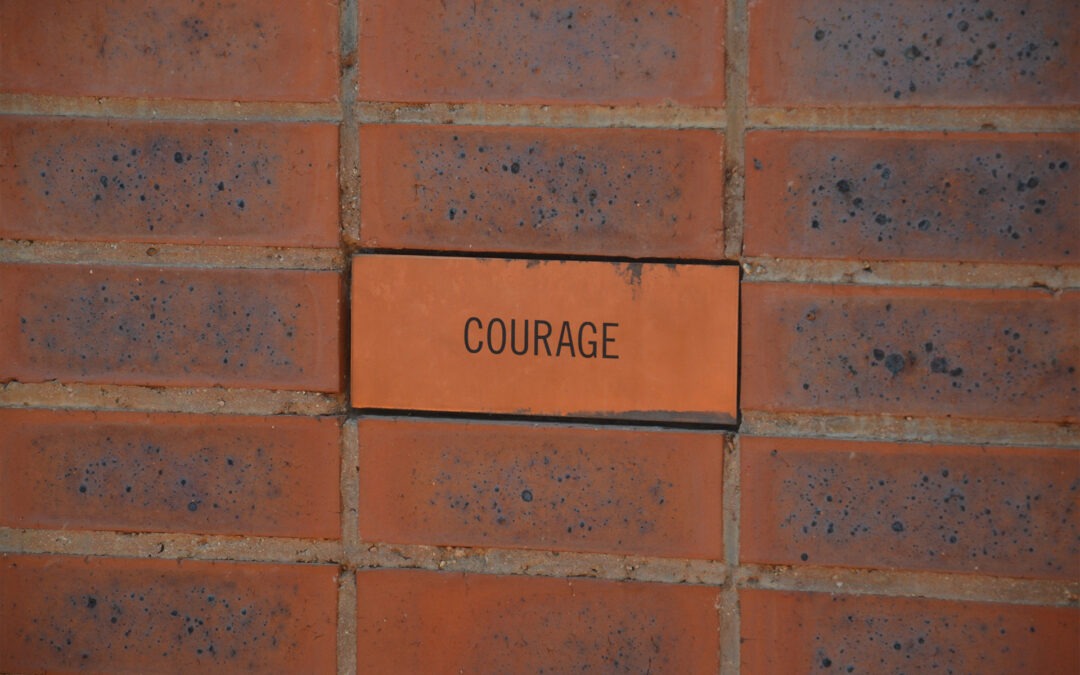Self-esteem comes from having the courage to make tough, unpopular choices. People pleasing is deadly!
It is easy to follow suit, be a part of the status quo, and subjugate your beliefs, values, and feelings–all in the name of fitting in and being liked. Most people want to be appreciated. I am no different. I want people to say nice things about me, think I’m cool and want to be with me. And like many people, I’ve spent my life trying to fit in–to my detriment. Through the grace of God, and a lot of work over the past 30 years, I’m in a place within myself where my opinion of myself matters more than yours.
There are always opportunities to work through our need to please people; whether we’re at home with family, at work, at play with friends, or in the community, we’ll always be given a choice to please or not. Sometimes it’s a hard choice, because there are many more benefits to playing the ‘fit-in” game. Not the least of which, we are touted as good team players, and told how gracious and unselfish we are. And, if we see “selfish” as a bad word, then we’ll do anything not to be perceived as selfish. No doubt, there are times when it’s good to put others’ needs above ours—but not when it happens ALL the time, nor when it comes at the price of genuine self-love. The payoff to not acquiescing is self-esteem!
I sit on several non-profit boards and am often tested – should I keep my mouth closed or speak up? When I choose to speak up, I always have to count the cost – the outcome may cost me a seat on the board over the long term. It’s a choice I often decide to make.
When I sit on a board, while I am not the “lawyer” for the association, I bring my collective experience from my business, professional, personal, and legal background. As a good board member, I recognize I have several vital duties: duty of care and loyalty.
The duty of loyalty states that I do not do anything that would be perceived as harming the organization (e.g., conflicts, taking opportunities that otherwise belong to the group).
The duty of care requires that I am reasonably and thoroughly informed before making any decision that impacts the board or the organization. This duty is easy to discuss but often hard to do—as we witnessed Enron, Arthur Anderson, and other board members who did not speak up when the signs were clear. While we like to think we are above it, even adults fear emotional and physical reprisal.
Why? Because we want to be liked. I see it in everyday life where we are afraid to speak up about a wrong decision, inappropriate behavior, injustice, gossip, and character defects for fear of not being accepted. Teenage girls do it, teen boys do it, and the truth is, they learn from watching their adult role models choose the status quo over authenticity.
When I sit on a board, I bring vitality, zest, passion, and a broad scope of experience: legal and non-legal. I recently noted the need for discussion regarding legal issues and board service. In a somewhat kind and roundabout way, it was suggested that there is no need for anything more than what is being done. What was also offered is that I should leave these matters to the proper people. I was told that I’m not the board lawyer and that no one wants to hear me talk only about legal issues.
While I do appreciate the need to have a broad perspective on the board (which I do), I have spent the last 24 years in the legal arena, so my antenna is alerted to legal issues. I could have chosen to keep quiet. I did not. Once I choose to shine a light on a problem, I then must decide if the battle is one I want to fight. In this case, it was not. Regardless of the outcome, for me, the vital thing was to speak up. That is an Esteemable Act!
Until next time, be true to yourself–just for today!











